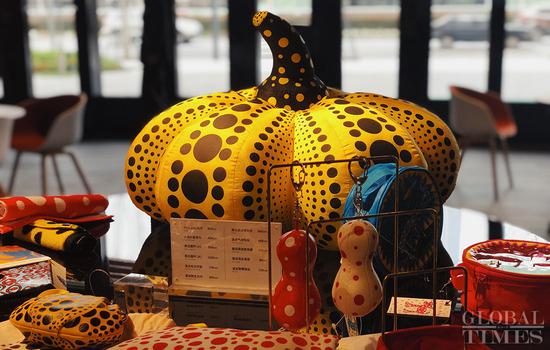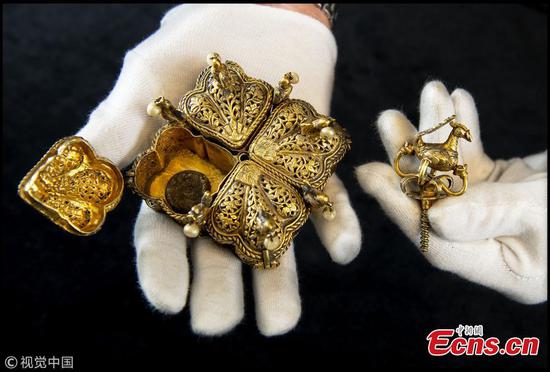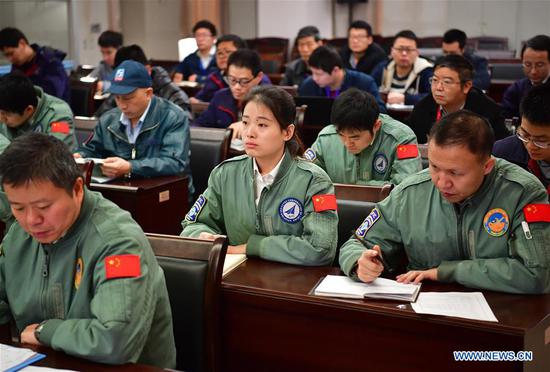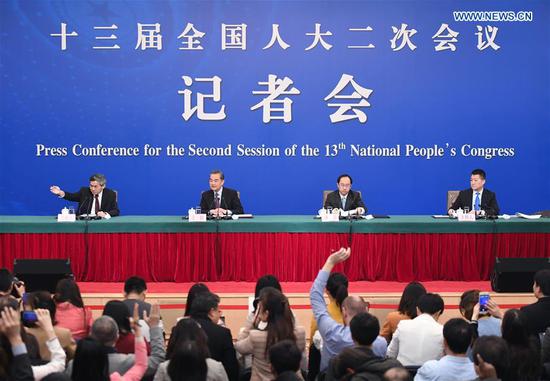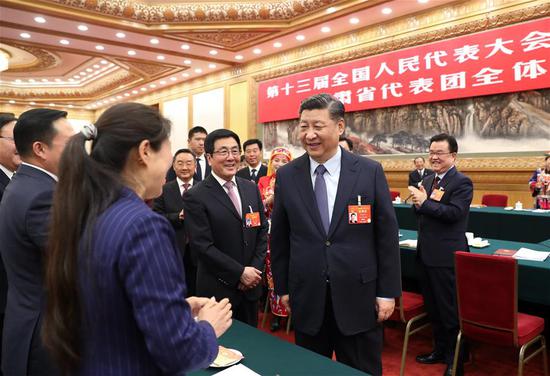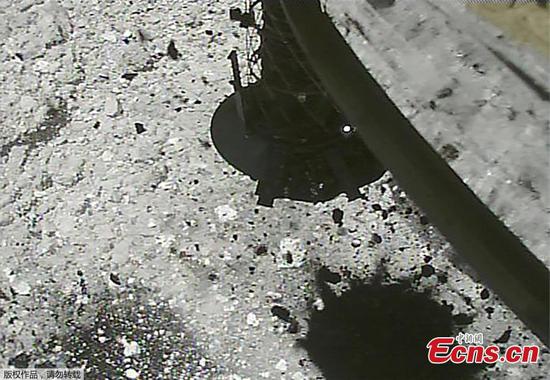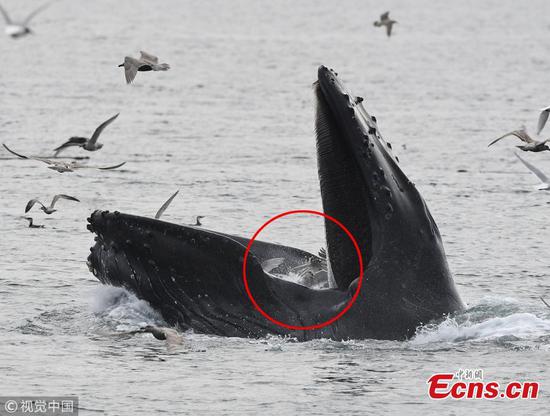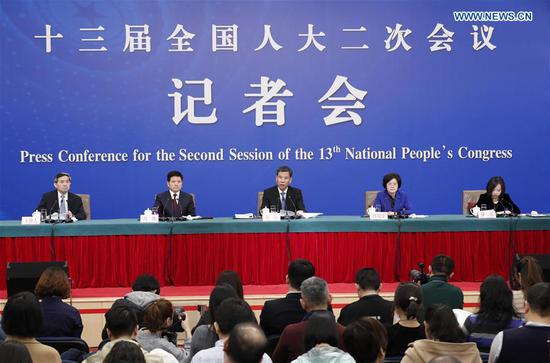
CNS: In talking about China’s overseas investments, the Belt and Road region is an indispensable construct, and China is open to any ideas regarding the co-operations in the context of the B&R Initiative. As a prominent scholar, what is your take on this new policy development?
Simon: The Belt and Road initiative makes a lot of sense. But China should not forget that it is dealing with many states which are much smaller and weaker and thus may easily feel dominated by a very powerful China. I think that this initiative should be handled with more sensitivity. It is never a pure matter of what you do, but how you do it and especially how you communicate it.
CNS: The technology transfer and the business reciprocity are the hot and inevitable topics when the cross-border investments are discussed. What is your advice in terms of the so-called forced tech transfer and how can we build up a more reciprocal relationship between Germany and China, especially in the area of financial and industrial investments?
Simon: Forced tech transfer was probably necessary in an earlier stage of development. Today China is in a position of strength, where any forced or inappropriate transfer of technology should be abandoned. I think both countries should also stop to think of German or Chinese companies. Companies as such have no nationality. A German company which runs a good factory in China is a blessing for China. And a Chinese company which runs a good factory in Germany is a blessing for Germany. I often say that German companies have to become Chinese, and in the same vein Chinese companies have to become German. The consulting company I founded, Simon-Kucher & Partners, has employees from 68 countries who work in 38 offices all over the world. Our origin is in Germany, but we are not a German company. In Beijing and Shanghai we are a Chinese company, all our employees there are Chinese. I personally think that we have transcended the state of nationalism in our company. But the politicians and most people are still thinking in national, if not nationalistic terms. The result is what we see today in the trade tensions and the danger that global value chains are destroyed.
CNS: What is your opinion on a policy paper from the BDI, Germany’s main business lobby, suggesting the government to protect Germany’s open model from China’s “state-dominated economy”?
Simon: The policy paper "Partners and systemic competitors - How do we deal with China's state-controlled economy" by the Federation of German Industries (BDI) is comprehensive and addresses many important aspects of Chinese-German cooperation. The paper is critical of, but not unfriendly to China. I think that both sides are aware that they depend on each other and have to find compromises. At the same time, the paper leaves no doubt that the two political systems in China and Germany are fundamentally different. This is not of great importance at the pure business level, but where the state or the party on the Chinese side intervenes, it becomes critical. So far, these differences have been swept under the carpet. Due to the success of Chinese companies and, in particular, the numerous takeovers, awareness of the difference has risen sharply in Germany and other parts of the world. One does not always get the impression that this change is fully understood by the Chinese side. In the West, there are doubts as to whether the Chinese state or party is systematically keeping out of business issues. In my opinion, this is extremely important if China wants to continue to be as successful as before in exports and foreign investments. China must do everything it can to avoid further cases like Huawei. Trust is one of the most important elements in international trade. Of course, not everything is 100% separate in the West either. Whether and how Western secret services obtain business data can only be guessed at. But at least there are clear legal dividing lines that even apply to secret services. But German companies and associations should also accept that they cannot change certain political conditions in China. If one wants to do business with and in China, one has to accept the institutional framework there. Nevertheless, there is a right to equal and fair treatment and every partner should insist on this right.
CNS: We have noticed that the German government has recently launched the National Industrial Strategy 2030, which aims to maintain the leading position facing the tremendous competitions from the US and China. Several industries have been identified to be ones representing Germany’s manufacturing excellence and the government is urged to be more supportive, in another sense, to be more protective. So how do you view this directional change of the government to be more involved in the business activities? What are the impacts on the mittelstand sector, which is the backbone of Corporate Germany? Meantime, how can Germany and China achieve a win-win situation taking into account the variables of the government policies?
Simon: The new initiative from the Minister of economic affairs meet with mixed reception in Germany. It is mostly seen as a kind of industrial policy which is typical for France, but not for Germany. The impact on the Mittelstand and the Hidden Champions will remain very limited.
CNS: In the post-Merkel era partly symbolized by CDU’s new leadership of AKK, what do you think are the possible changes, and what are the major impacts on the Sino-Germany economic relationships?
Simon: I am optimistic for Germany. But we depend strongly on Europe, the US, and also on China. In this context the Sino-German relation is one of the least pressing problems. As I said in many of my talks, China and Germany fit very well together. We have an industrial spirit, people are working hard, even culturally there are no conflicts. Just as an example, there are about 300,000 Chinese living in Germany. They don’t cause any trouble, unlike some other minorities. I would like to see many more Chinese factories and companies in Germany. And I hope that the access to the Chinese market will become freer and freer for German and foreign companies. It will benefit all countries.














